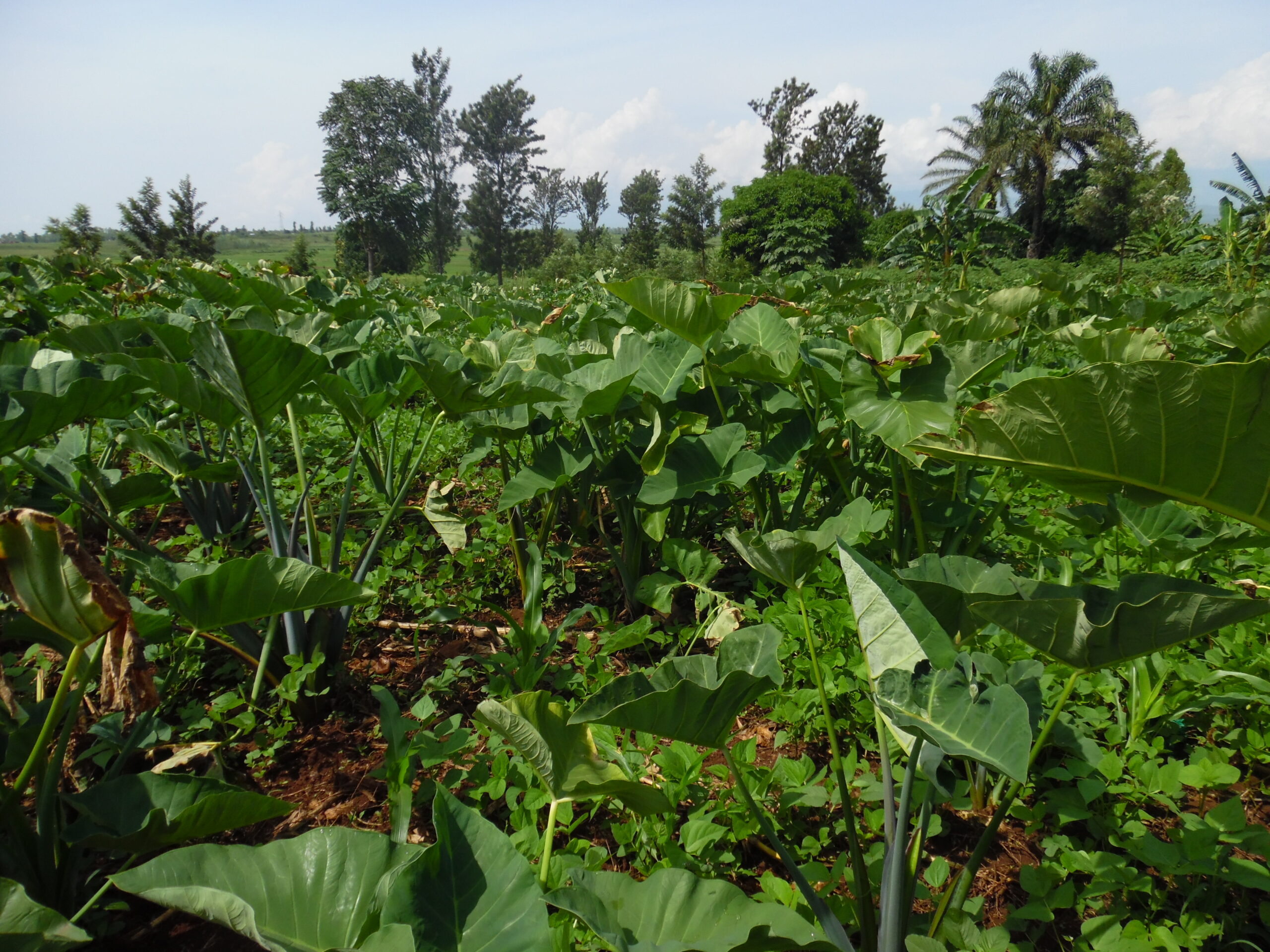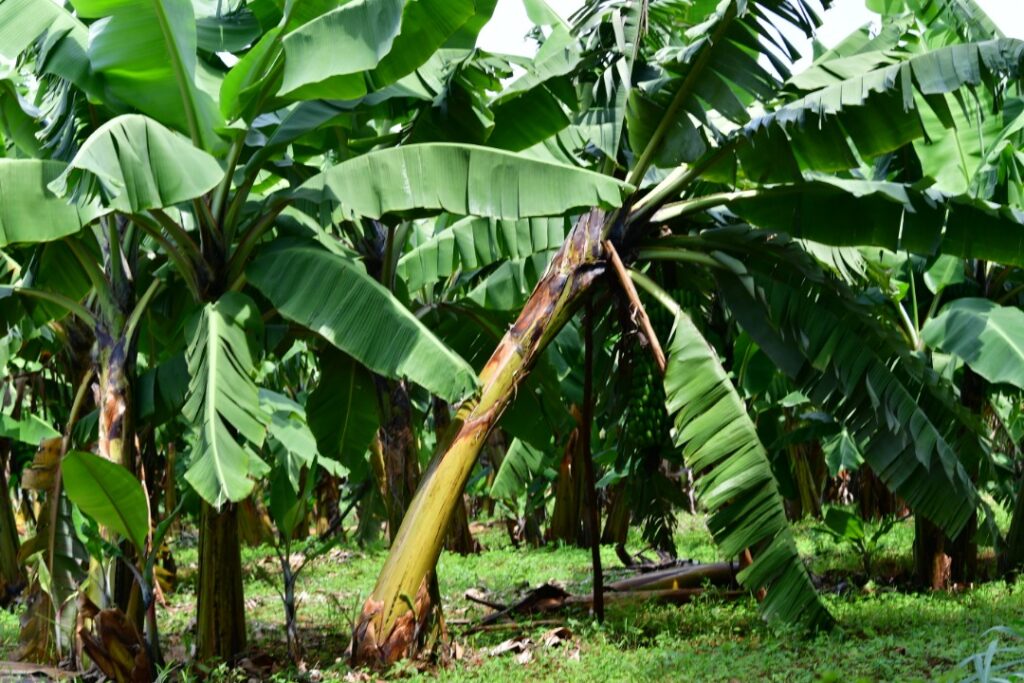From 2023, under the community garden program, EdSF is taking an initiative of introducing pedagogical gardens on agroecology farming in five schools in Bubanza and Cibitoke. The harvested yields are served in neighboring boarding schools where the initiative is not yet introduced for strengthening their school meals program and in some other cases are sold at market to increase the profitability of school. Tomatoes, peppers, lettuce, cabbage, carrot, onion, garlic, beans, corns are produced there. These foods enrich the meals offered to students and help them make healthy choices without losing or forgetting the local culture.
Innovation
As part of a community garden programme developed at the school, students have classes taught by agroecology teachers on developing some other crops, such as bananas, mangoes, potatoes, peanuts, palm oil and corns. In addition to classes, students participate in activities focused on agroextractivism and designing recipes.
This process also involves an important school feeding social actor: the supervisor of the School Feeding Council (CAE), a supervisory, permanent, deliberative, and advisory collegiate body established within districts. The CAE supervisor’s work is to share his/her experience as a technical professional in agronomy, cooperative member, and rural producer of smallholder agriculture, enriching the activities developed with students.
As next steps, the school plans to build a chicken coop where students will be able to manage birds and their waste as part of pedagogical activities. With the creation and maintenance of the chicken coop, the school provides the possibility of applying their natural fertilizer to the garden beds, creating a cycle of local sustainability.
In addition to these activities, where the initiative is piloted the five assisted schools are developing a recycling project to provide awareness-raising actions and handicraft production through reusing tires and other discarded materials. In the classroom, students and teachers discuss the environmental impact and lifecycle of materials they work with. Then students put their knowledge into practice and decorate the schoolyard.
Challenges
Difficulties were observed with the continuous irrigation of the garden during the dry season, which students and teacher do manually from afar, and the transport of fertilizer. On weekends, someone needs to be willing to go to the school to do the irrigation, a situation that is common in other countries that develop pedagogical gardens. As for the fertilizer, which comes from afar, the school must pay for the freight, which burdens the institution.


